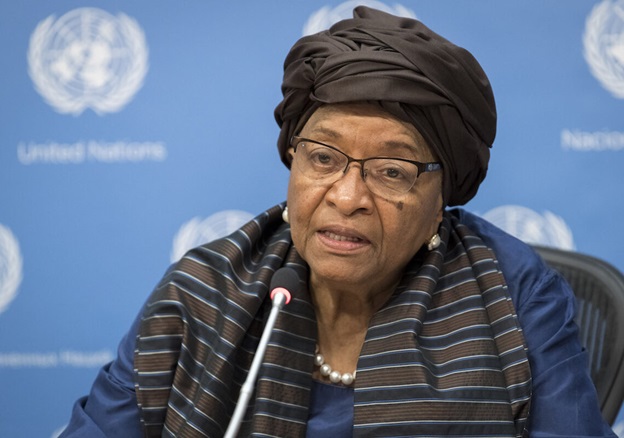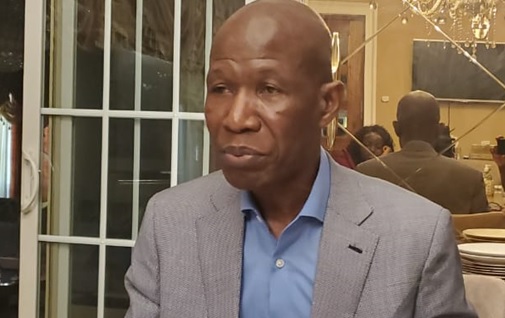MONROVIA, LIBERIA – Former President Ellen Johnson-Sirleaf has firmly opposed the establishment of a war and economic crimes tribunal for Liberia, advocating instead for the adoption of Rwanda’s Gacaca approach.
Speaking on the “Liberian Renaissance: Changing Minds and Changing Attitude” program with former Information Minister Lawrence Bropleh on Tuesday, April 30, 2024, ex-President Sirleaf highlighted Rwanda’s post-genocide path to national unity through forgiveness and confession. She recalled how Rwandans had the right to speak out, challenge, and even sue during the process, yet the nation found a way to resolve its conflicts, leading to a unified Rwanda today.
Responding to a query on whether a war and economic crimes court would benefit Liberia economically, in terms of security and job creation, ex-President Sirleaf reiterated her longstanding position, stating, “I took my position on that when I was President; and that position still holds. I have not changed it, and I will not change it. They know my position on that. My position on that was to use the Gacaca system of Rwanda.”
The Rwandan government reintroduced the traditional community court system, known as “Gacaca,” in 2005 to address the backlog of cases in the national court system, bringing about justice and reconciliation at the grassroots level. In the Gacaca system, communities elected judges to hear trials of genocide suspects, with lower sentences for those who were repentant and sought reconciliation. Over 12,000 community-based courts tried more than 1.2 million cases throughout Rwanda, promoting reconciliation by allowing victims to learn the truth about their family members’ deaths and perpetrators to confess their crimes and seek forgiveness.
The former President’s stance contrasts with the Liberian House of Representatives and Senate’s joint resolution for a war and economic crimes court. President Joseph Nyuma Boakai has pledged to establish the court, supported by his commitment to American friends, including former Chief Investigator of the Special Tribunal for Sierra Leone, Dr. Alan White.
While a segment of the population favors a war crimes tribunal, others fear it could deepen divisions and cast a shadow over Liberia’s democracy. The resolution is now with the President, who has vowed to act on it.







